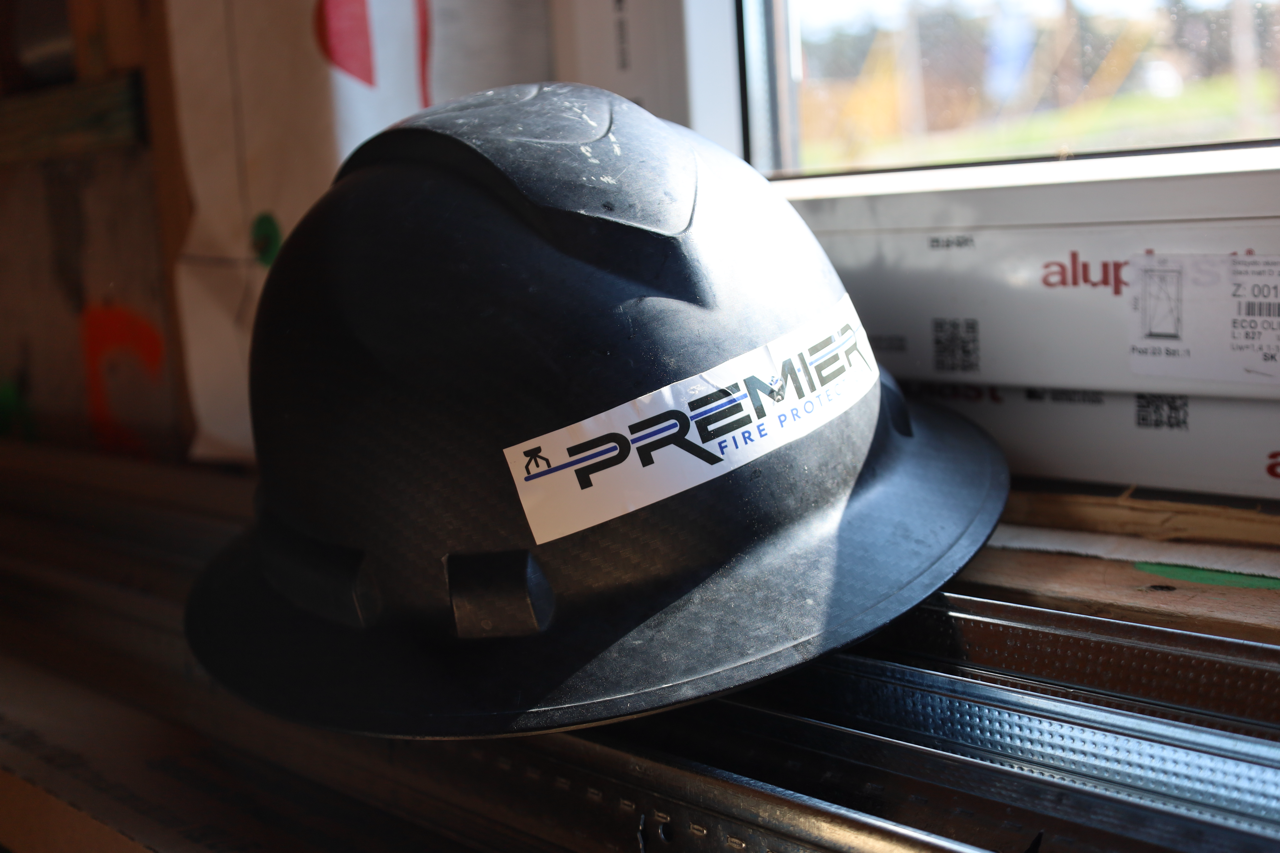Frequently Asked Questions
Get answers to common questions about fire protection services and inspections

Fire extinguishers require monthly visual inspections and annual maintenance by a qualified professional.
The monthly inspections can be performed by facility staff to check that the extinguisher is in its proper location, accessible, has adequate pressure, and shows no visible damage.
Annual maintenance must be performed by a certified technician and includes thorough examination of mechanical parts, extinguishing agent, and expelling means.
NFPA 25 requires annual inspections which are visual checks of sprinklers, hangers, pipes, and fittings to ensure good working conditions.
Testing involves more detailed procedures like flow tests every 5 years and performance testing every 3 years for dry systems. Fire sprinkler testing also includes laboratory testing of sample sprinkler heads after they've been in service for specific time periods (typically 25+ years for fast-response sprinklers, 50+ years for standard sprinklers).
Backflow testing typically takes 20 to 30 minutes per device. The exact time depends on the type of device and whether any repairs are needed. Most testing appointments are completed within an hour, including any required paperwork and documentation.
Fire alarms and sprinklers serve different purposes and are typically both required by building codes.
The systems work together - alarms for early detection and occupant notification, sprinklers for automatic fire suppression.
Failed fire inspections typically result in a notice requiring corrections within a specific timeframe (usually 30-60 days). If violations aren't corrected, authorities can terminate water service, issue fines, or prevent occupancy until compliance is met. For businesses, this can mean closure until systems are repaired and re-inspected.
Yes, we provide 24/7 emergency service for critical fire protection system failures. This includes discharged kitchen suppression systems, failed fire pumps, alarm system malfunctions, and other situations where immediate response is needed to restore fire protection.
We’re based on the Oklahoma City metro, but serve businesses statewide. Call us to confirm service availability for your specific location.
Regular inspections by licensed professionals ensure code compliance.
Annual fire sprinkler inspections should only be performed by licensed sprinkler contractors due to their complexity. We stay current with local fire codes and work directly with fire marshals to ensure your systems meet current requirements.
Smoke detectors are individual devices that detect smoke in a specific area.
Fire alarm systems are comprehensive networks that include smoke detectors, heat detectors, manual pull stations, notification devices (horns/strobes), and a central control panel. Commercial buildings typically require complete fire alarm systems, not just individual smoke detectors.
Still Have Questions?
Call us and speak directly with fire protection specialists who can answer your specific questions
